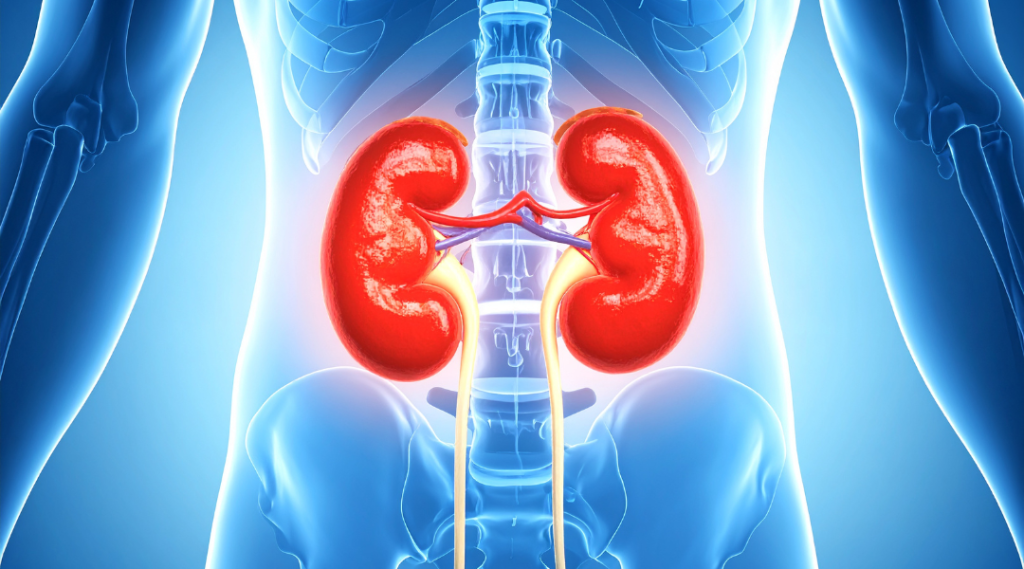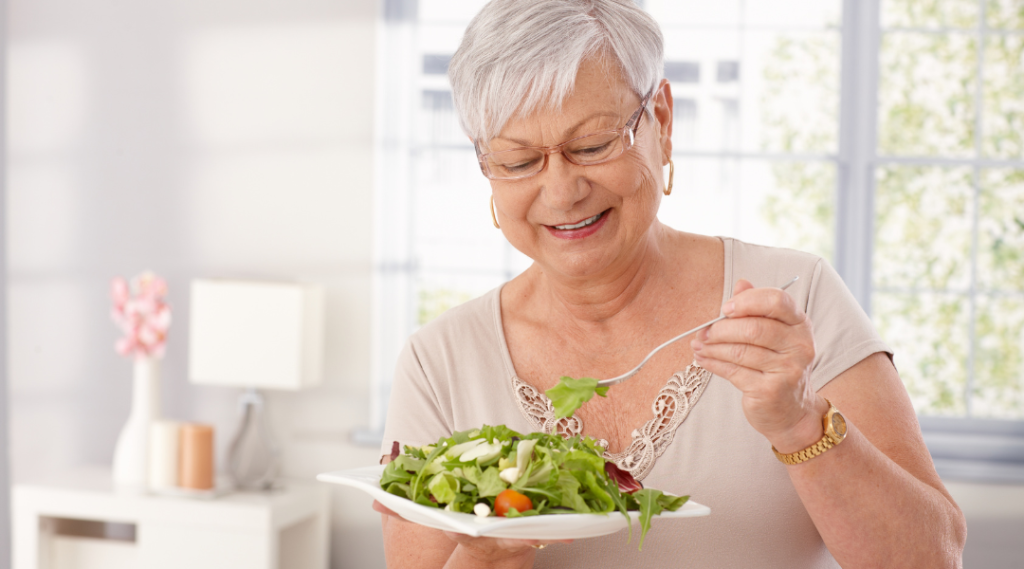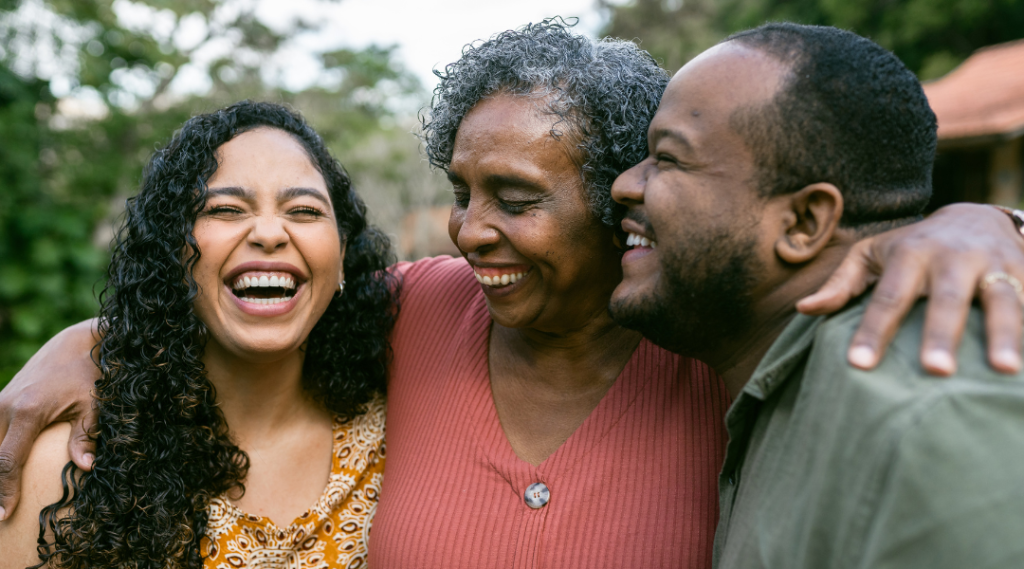Confident Living Starts Here: Your Guide to Bladder Health

When was the last time you talked with a friend about bladder health? If you’re stumped, you’re not alone! November is Bladder Health Month—a gentle nudge for all of us, especially women and families caring for older adults, to shine a light on a topic too often tucked away. This month, let’s unwrap the facts, ditch the embarrassment, and take action together.
Table of Contents
Understanding UTIs
Urinary tract infections (UTIs) are sneaky little troublemakers that can wreak havoc on our daily routines. These infections occur when bacteria make their way into the urinary system, leading to symptoms like burning during urination, pelvic discomfort, frequent urges to go, and sometimes cloudy or strong-smelling urine. For seniors, especially, UTIs can show up in surprising ways—think sudden confusion, agitation, or even big mood swings.

Seniors are at higher risk for UTIs due to changes in the immune system, incomplete emptying of the bladder, or hormonal shifts. But here’s some good news: prevention is possible. Small, everyday habits can work wonders.
- Drink plenty of water every single day.
- Promote good hygiene, including front-to-back wiping.
- Always urinate after intimacy.
- Avoid irritants like harsh feminine products or highly perfumed soaps.
Notice something off with your loved one’s bathroom habits? Don’t wait! Early detection and proper antibiotic treatment are crucial to prevent complications and get them back on track quickly.

Understanding Incontinence
Let’s talk straight: incontinence is wildly common. It touches the lives of 80 million U.S. women, with half of those over age 50 feeling its impact. Yet, so many suffer in silence—nine out of ten feel completely hopeless about their condition, weighed down by stigma and shame.
Incontinence isn’t one-size-fits-all. Here are the four main types:
- Stress Incontinence – Leaks triggered by pressure from coughing, sneezing, or laughing.
- Urge Incontinence – Sudden, powerful urges to go right now, often tied to health issues like diabetes or Parkinson’s.
- Overflow Incontinence – Trouble fully emptying the bladder, sometimes seen with prostate concerns in men.
- Functional Incontinence – Good bladder control, but trouble reaching the bathroom due to mobility or cognitive issues like arthritis or dementia.
For women, childbirth, menopause, weaker pelvic muscles, and surgeries can play a role. Men often grapple with incontinence tied to prostate woes.

Simple Changes, Big Impact
Managing incontinence can feel overwhelming, but small tweaks to daily routines can really add up. Try integrating the following into your loved one’s life:
- Stay hydrated—yes, even if leaks happen! (But skip the caffeine.)
- Eat a wholesome, fiber-rich diet to curb constipation and take pressure off the bladder.
- Schedule bathroom breaks and don’t “hold it” for too long.
- Keep moving. Light exercise bolsters bladder health and mood.
- Learn and practice pelvic floor (Kegel) exercises and make them a daily habit.
When in doubt, always loop in a healthcare provider for personalized advice and support. It takes a village, and you don’t have to do it alone.
How Caregivers Make a Difference
Caring for a loved one with bladder health challenges isn’t always easy—but it truly changes lives. Compassionate, professional caregivers are equipped to:
- Prevent embarrassment—by being sensitive and offering support, not judgment.
- Assist with bathroom schedules and discreet reminders.
- Maintain hygiene and ensure proper hydration.
- Provide medication reminders and monitor for side effects.
- Help with bathing, dressing, and movement to reduce accidents.
- Encourage healthy routines and safe, supportive environments.
In Glenview and beyond, our trusted home care agencies, are built on dignity, dependability, and heartfelt support. Our caregivers empower seniors to live confidently—bladder issues and all—while families gain peace of mind knowing their loved ones are safe and respected.
Frequently Asked Questions
Q: What are the first signs of a UTI in older adults?
A: Look for changes like increased confusion, sudden irritability, or new incontinence, along with typical symptoms like burning during urination and strong-smelling urine.
Q: Can incontinence be cured?
A: Sometimes, especially if there’s an underlying health problem. In many cases, symptoms are manageable with the right combination of lifestyle tweaks, exercises, and, when needed, medications or medical interventions.
Q: Do caregivers really help with bladder health?
A: Absolutely! From encouragement to daily routines, good caregivers create structure, help preserve dignity, and keep seniors engaged, safe, and comfortable.
Q: Does drinking less water help prevent leaks?
A: No—restricting fluids often makes things worse. Staying hydrated helps prevent UTIs and keeps the bladder working well.

Ready to protect your loved ones? Take action now for better bladder health and a brighter tomorrow!
Bladder Health Month isn’t just about education—it’s about kindness, connection, and advocating for the dignity of our loved ones. UTIs and incontinence are common, but with knowledge, support, and the right care in place, they don’t need to control anyone’s life.
Take action this November—strike up a conversation, offer support, or reach out for qualified help. When we act together, good bladder health is totally within reach.





